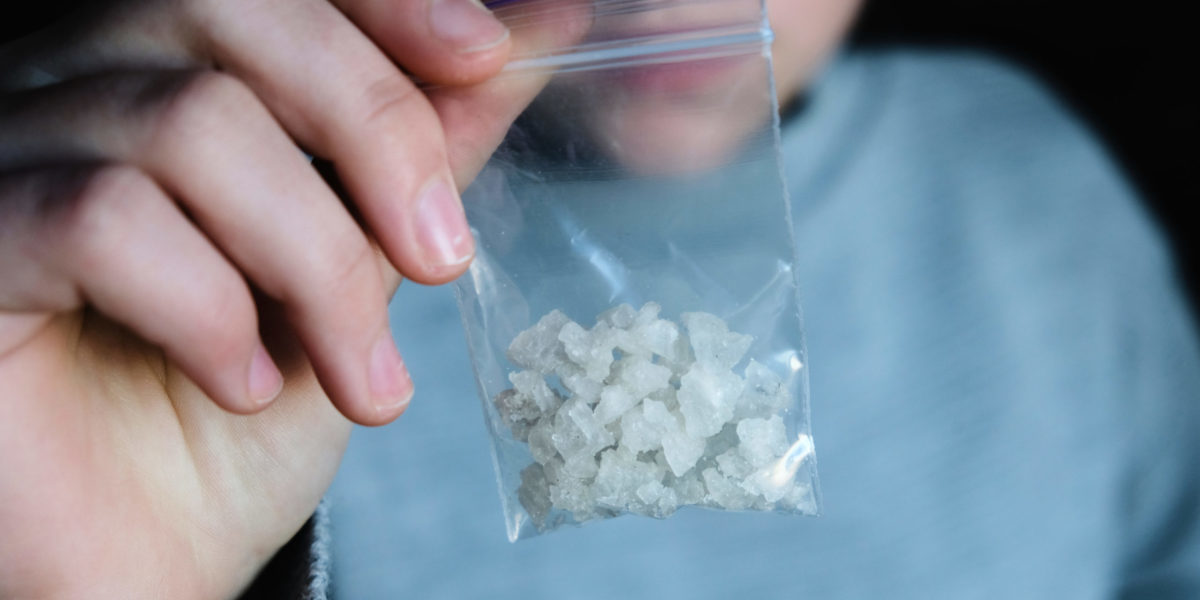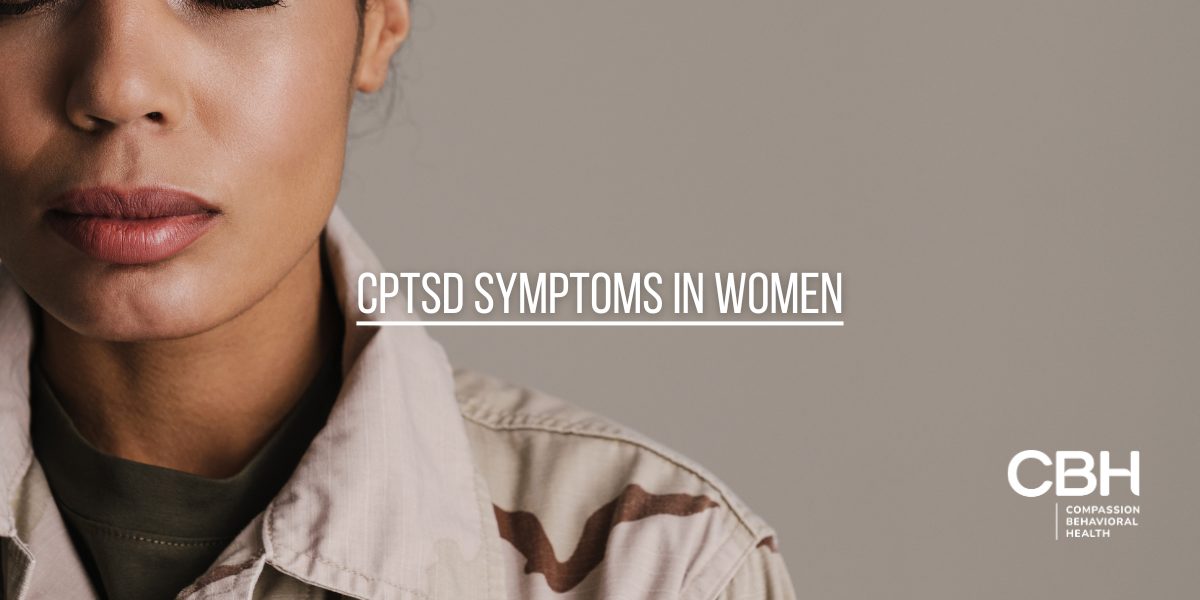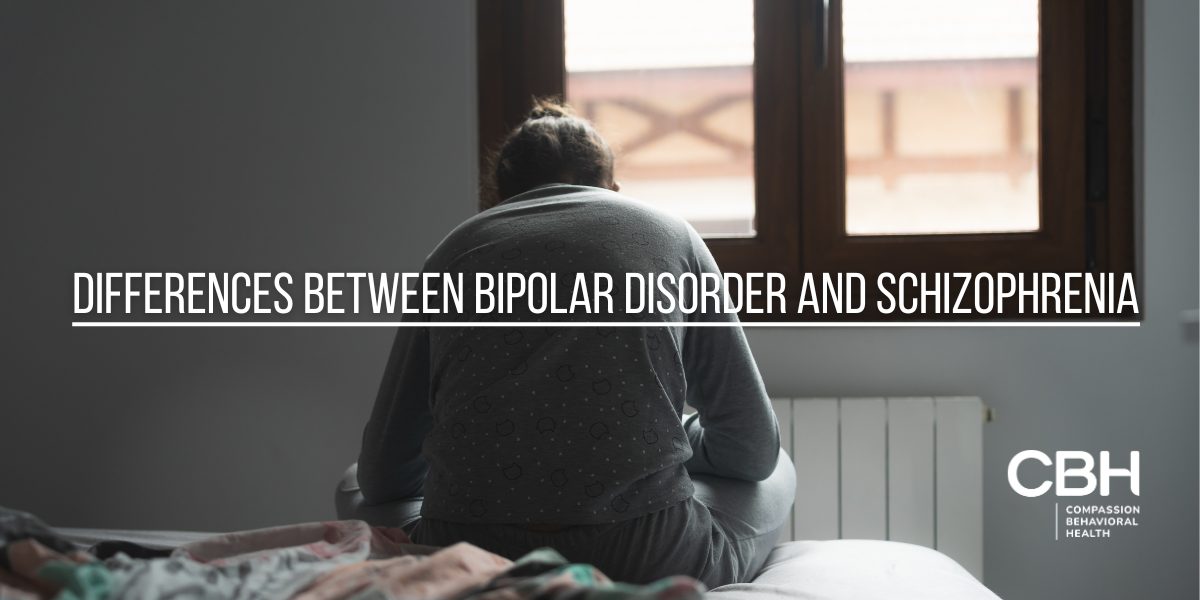Substance abuse is a significant problem among the LGBTQ+ community. Statistics show that LGBTQ+ adults are twice as likely as heterosexual adults to use illicit drugs and suffer from a substance use disorder. If you or someone you love is a member of the LGBTQ+ community, it’s important to be aware of addiction and how some people use substances to cope with their sexuality.
Compassion Behavioral Health provides comprehensive treatment for mental health and substance use disorders. We proudly treat and support members of the LGBTQ+ community. Let’s learn more about why there’s a strong link between LGBTQ+ and addiction and how to best support this group.
Challenges the LGBTQ+ Community Faces
Life is hard enough on its own, let alone when you have unique challenges to face such as identifying as lesbian, gay, bisexual, transgender or queer/questioning. This population suffers from higher rates of substance abuse because of the obstacles they face. Here are some of the most common concerns.
Discrimination or stigmatization
Despite growing acceptance for sexual minorities, there is still a stigma surrounding the LGBTQ+ community. Strangers, friends, family, acquaintances, neighbors, coworkers, etc. sometimes discriminate against sexual minorities. They may be involved in bullying, harassment and hate crimes. Sadly, it only takes a few people to ruin the experience of “coming out” or living a free life.
Rejection or shame
Many people who identify as LGBTQ+ stay “in the closet” because they’re worried about rejection or shame from their family and friends. Living this double life can create feelings of loneliness and anxiety. As a result, some people turn to drugs or alcohol to pass the time and numb their pain.
Internalized homophobia
Many members of the LGBTQ+ community suffer from internalized homophobia, which is when you accept homophobic biases. This can be both conscious and unconscious, so not everyone is aware of these beliefs. Unfortunately, having internalized homophobia can cause a sexual minority to feel bad about themselves. They’re unable to live their authentic life and may self-medicate with drugs or alcohol to feel better.
Common Co-Occurring Disorders in the LGBTQ+ Community
Based on the unique challenges that sexual minorities face, it’s understandable why they are also prone to developing mental health disorders like depression or anxiety. It’s hard to be happy and socially confident when you’re unsure about who you are and whether or not people will accept you.
Having a co-occurring mental health disorder is also a risk factor for substance abuse. Many people turn to drugs or alcohol to escape reality and numb their pain. However, these substances only provide temporary relief that is less effective over time. This is why people end up taking more and more to feel the same effects, putting themselves at risk for addiction.
Some of the most common emotional disorders in the LGBTQ+ community are:
● Major depression
● Generalized anxiety disorder
● High levels of stress
● Suicide attempts
● Self-harming behaviors
Drugs of Choice for LGBTQ+ Members
Some substances are more common among sexual minorities. It’s important to be aware of these substances because they may be introduced to you or a loved one when coming out. Let’s take a look.
● Alcohol. Alcohol is a popular drug of choice because it helps people loosen up around others. Between 20 and 25 percent of LGBTQ+ members have a moderate alcohol dependency.
● Marijuana. People rely on cannabis to ease their nerves and relax their mind. It’s a popular self-medication tool for LGBTQ+ members. However, it can also cause paranoia.
● Methamphetamines. Methamphetamines like crystal meth are a major concern among LGBTQ+ teens and adults. They’re considered “party drugs” and provide more energy and better sexual performance.
● Heroin. Opioid misuse is also more common among sexual minorities. They use these drugs to relax their minds and escape reality.
Finding Addiction Treatment for Sexual Minorities
Addiction is a complex condition that requires comprehensive treatment. A large part of therapy is uncovering the root causes for the drug or alcohol use. For some people, it’s underlying trauma or mental illness that’s at the root of their problems.
For those in the LGBTQ+ community, it’s often shame, embarrassment, fear, etc. that’s driving their urge to self-medicate. They may also be dealing with a mental health problem like depression. LGBTQ+ members are twice as likely to develop mental illness compared to their heterosexual peers.
Knowing that LGBTQ+ members have multiple underlying issues to work through, it’s important to look for treatment centers that offer the following:
● Safe, compassionate, non-judgemental environment
● Understanding of what it is to be lesbian, gay, bisexual, transgender and queer/questioning
● Cover LGBTQ+ specific topics like stigma, discrimination, depression, family rejection and homophobia
● Discuss ways to cope with discrimination and harrassment
● Develop greater self-acceptance and self-awareness
Compassion Behavioral Health Provides Treatment and Support for LGBTQ+ Members
Compassion Behavioral Health wants you to know that you are not alone. Whether you or a loved one is struggling with substance abuse, we are here to help. We have specialized programs for LGBTQ+ members that address the unique challenges they face.
We typically recommend starting with medical detox. Because withdrawal symptoms can be very uncomfortable and potentially life-threatening, it’s important to have supervision and support. A medical detox program also keeps clients comfortable by managing cravings and reducing withdrawal symptoms.
After detox is complete, the therapeutic portion of treatment begins at our outpatient rehabilitation program in Hollywood FL. We provide a wide range of therapies such as dialectical behavior therapy, EMDR therapy, medication education, nutrition and life skills education, meditation and more.
To start your journey to healing, contact Compassion Behavioral Health today. We look forward to helping you overcome your challenges as a member of the LGBTQ+ community and finding your way to the best life possible.



